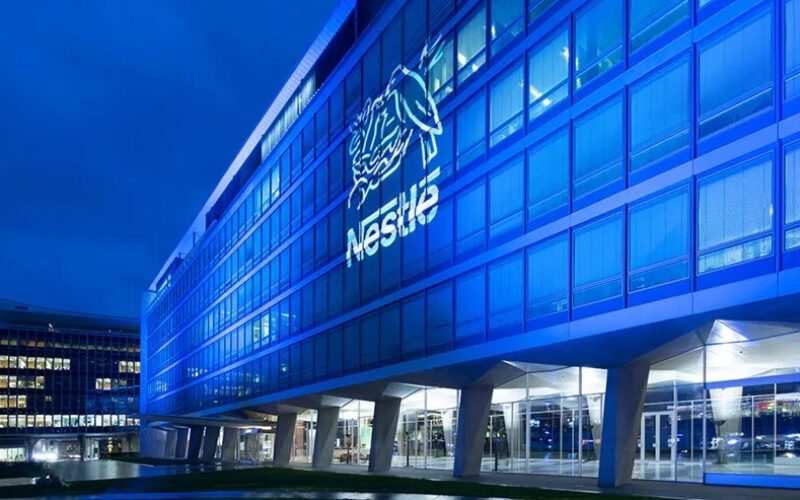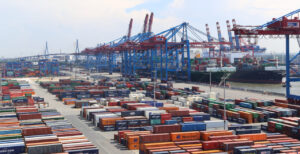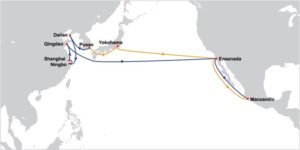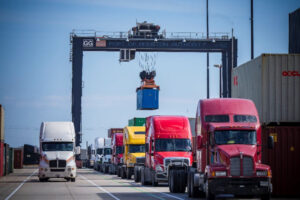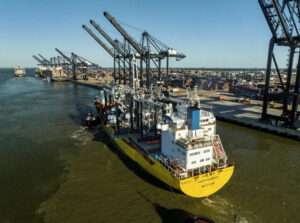Nestlé is cutting its ocean logistics greenhouse gas (GHG) emissions by using Maersk’s ECO Delivery solution for 100 per cent of its ocean containers shipped by Maersk in 2023.
Nestlé also has the option to extend this agreement into 2024 and beyond. The seaborne emissions of these transports are being reduced by over 80 per cent compared to the usage of conventional fossil fuels.
According to Maersk, ECO Delivery enables its clients to manage maritime transportation entirely with certified green fuels such as second generation biofuel based on waste feedstocks; customers receive a certificate confirming the relevant GHG emission reductions.
READ: Maersk’s Croatian warehouse welcomes PUMA as new customer
Stephanie Hart, Global Head of Operations at Nestlé, said: “Reaching net zero requires changing many aspects of how we source, make, and distribute our products. The agreements we’ve signed with Maersk will help reduce emissions and deliver immediate positive impacts on our carbon footprint.”
Nestlé’s goal is a 50 per cent reduction of its total emissions by 2030 and to be net zero by 2050. With scope 3 emissions being the major part of the overall emissions, ECO Delivery is an effective solution for abatement of scope 3 emissions caused by ocean transports.
Nestlé is one of Maersk’s partners in pioneering low GHG emission landside transportation, such as rail or electric vehicles.
READ: Maersk splashes $500 million in supply chain capabilities
Johan Sigsgaard, Executive Vice President and Chief Product Officer Ocean of Maersk, stated: “This is a very decisive step of Nestlé to use our very low GHG emission solution for 100 per cent of their ocean cargo with Maersk. We are proud and delighted to make this immense emission savings possible with our ECO Delivery.
“Having green fuel solutions like ECO Delivery at hand, it still takes such impressive commitments of our customers like Nestlé to make the decarbonisation of our shipping and landside logistics actually happen.”

